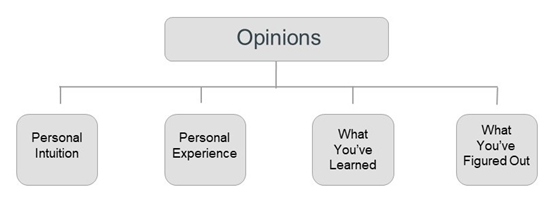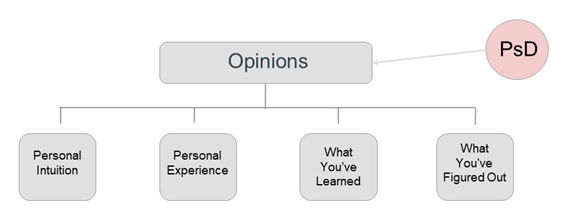Have you ever noticed how schools teach all about the body but never mention the mind? Sure, it’s great to know the workings of body but isn’t mental health just as important? I think so. Let’s ask psychologist Marvin Roth what individuals should understand about well-being.
Rule #1
Having held a long and varied practice that includes a writing a book and teaching university, Dr. Roth insists readers know the difference between a life coach and various mental health professionals. Coaches are similar to personal trainers you find at a gym—they get you in shape. But everyone knows they’re not nurses or doctors. So if you have a real body problem, seek out the help of a professional. Same goes for the mind. If you have a mental health condition, it’s vital to find someone qualified. Advice coming from a friend isn’t always sufficient. That being said, what is it we need to know about mental health in general? Namely, what’s a good exercise for the mind?
Life plan
Much like bodies, minds require alignment to navigate through life. This alignment involves getting organized and periodically adjusting our mental state to ensure a clear direction. For once we have a well-defined plan, executing it becomes easy.
The purpose of a life coach is to get you on track. They explain big picture ideas and assist with exercises until this understanding goes deep inside. Let’s use an example.

Everyone’s first criteria is to spend effort on survival, both physical and emotional. Physical is food, shelter, and safety as per Maslow’s Hierarchy. Emotional includes relationships with family and friends as well as how you see yourself. Once doing well inside, move on to responsibilities you bear as a member of society, also called purpose. Everyone plays a part in keeping this planet alive. So pick up a piece, whether it be occupation or otherwise, and set aside energy for giving.
Lastly, it is equally important to have a good time. Life is for living. Go out and experience the world’s cool stuff. Emotions and friends, animals and good cooking. It’s great to be alive. And when responsibilities align with fun, such as finding fulfillment through athleticism or one’s occupation, the whole experience becomes better.
Philosophy
Underneath everything then lies a philosophy. To serve as a foundation to walk on. And again, this shouldn’t be hard. Maybe it includes a god, perhaps just a creator. Either way, holding a belief system is essential for attaining happiness. And isn’t that what we all want?
Survival has always been the foremost priority for humanity. You can’t change that. For some, the majority of their day revolves around surviving. However, for the rest of us, there is ample time to always do a good job and keep an eye out for others. Then enjoy yourself. Life has a lot to offer.
And there exists a natural overlap between all three. Just like Olympic rings or a Venn diagram, fulfillment is available through survival and purpose, and purpose itself can be derived from survival. With this realization you have the opportunity to live a rich and rewarding life.
They say true fulfillment is pleasure that touches the soul—a deeper pleasure than seeking happiness. It comes from doing something good. Frankl said purpose is responsibility directed toward others and to life itself. This is why we don’t litter a highway or pour battery acid into a lake. And this energy is for the planet, not some god you were taught. He also says true responsibility involves quality. So again, do a good job.
To summarize, if you have a real mental health issue seek out professional help. And if you just want to keep in shape, remember the above.

